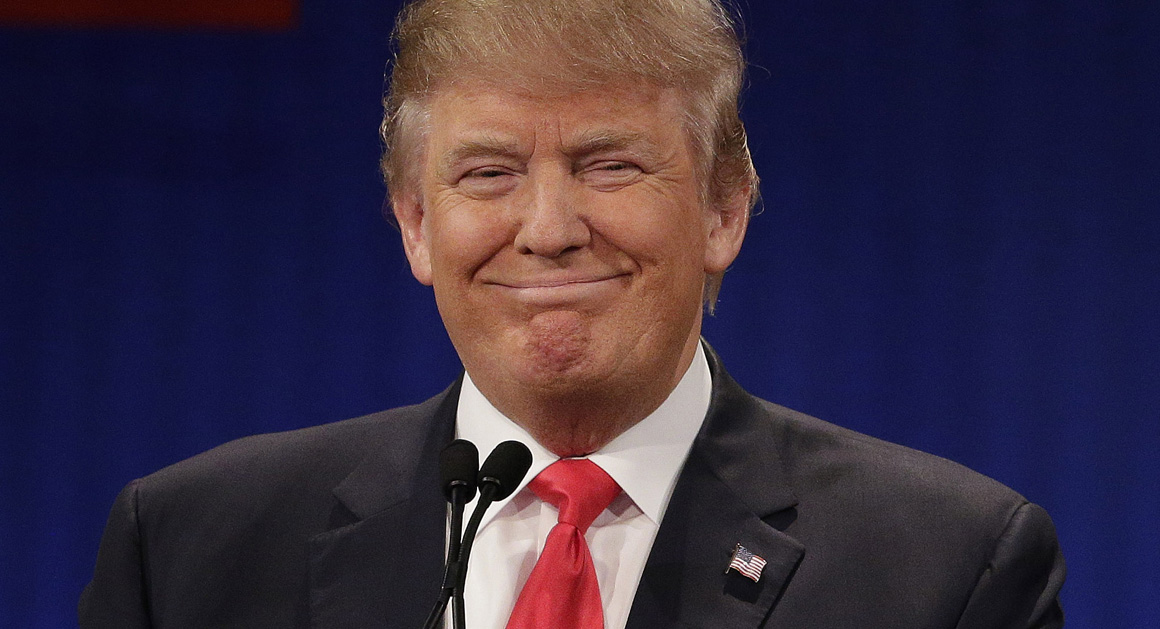Donald Trump’s election as the 45th president of the United States threatens to undermine international cooperation on climate change. Over 190 nations are meeting this week in Marrakesh, Morocco, to work out details for implementing the Paris climate agreement, an accord reached in December 2015 that entered into force just five days ago following ratification by the United States, China, India and 100 other nations. Now, with the election of Mr. Trump, delegates at the Marrakesh conference are trying to hold the agreement together and make key decisions about its implementation, knowing that the U.S. commitment may falter.
If the agreement unravels, the consequences will be dire. Particularly as the Paris Agreement is an important trust-building step that is intended to catalyze more aggressive actions that are necessary if we are to have any chance of limiting planetary warming to less than 2oC above the pre-industrial average.
Mr. Trump has asserted that climate change is a hoax, putting him at odds with the scientific findings of the U.S. National Academy of Sciences and the science academies of Canada, China, France, Germany, Japan, Russia, the United Kingdom and other nations. He has promised to renegotiate or even “cancel” the Paris Agreement. He has said he would rescind the Clean Power Plan, a key component of President Obama’s strategy for reaching U.S. greenhouse gas reduction targets, and that he would make regulatory changes to promote greater fossil energy production.
If Trump holds to these pronouncements, many nations likely would still move forward with cutting their greenhouse gas emissions to meet commitments under the Paris Agreement. They will do so because it makes economic sense and because it is an environmental, humanitarian and moral necessity. But some may act less aggressively than needed to fulfill their commitments, while a few others may pause their efforts until the U.S. becomes an active partner. Delays and backsliding as the world waits for the U.S. to act responsibly will prove tremendously costly.
But will Trump hold true to his climate change pronouncements? Some are holding out hope that the realities of leading the world’s largest economy would prompt reasoned- and evidence-based reflection on climate change risks and policies by the president-elect. But Trump’s selection of Myron Ebell, a strident climate skeptic, to lead his environmental transition team is a strong signal that Trump means what he said on the campaign trail about climate and energy policies.
I put my hope and efforts in action at state, local and institutional levels to keep and build momentum toward a clean, low-carbon U.S. energy system that includes robust and growing renewables, technological innovation and job growth. Leadership at the federal level will be needed, but we need to build it from the ground up. We need to commit ourselves to act in whichever sphere that we can have the most impact. Dickinson College, where I work, remains committed to cutting our carbon footprint with the support of its students, faculty, staff, alumni and trustees. Other colleges, businesses, cities and states will do the same.
[First published in Huffington Post 11/12/2016].

